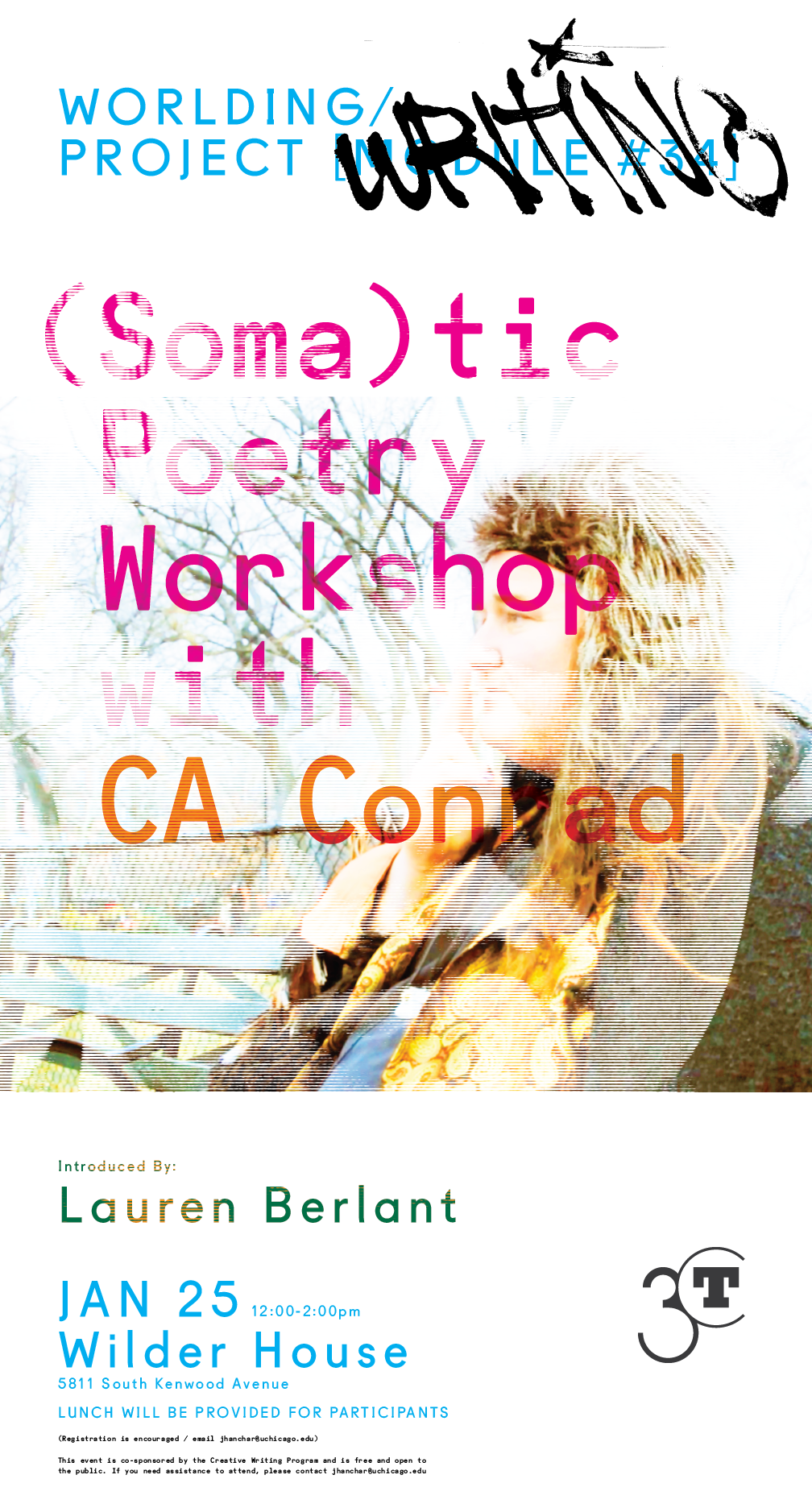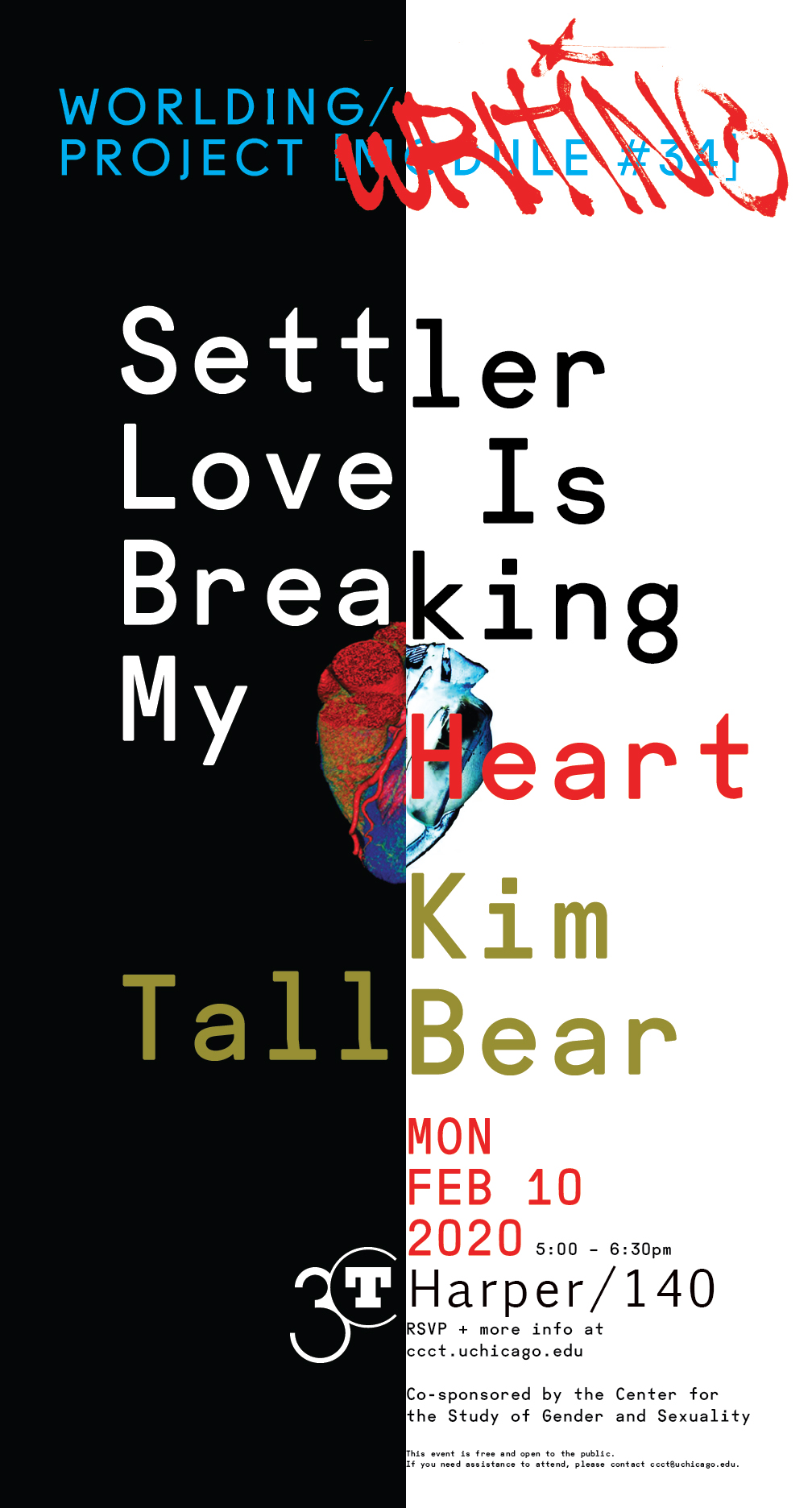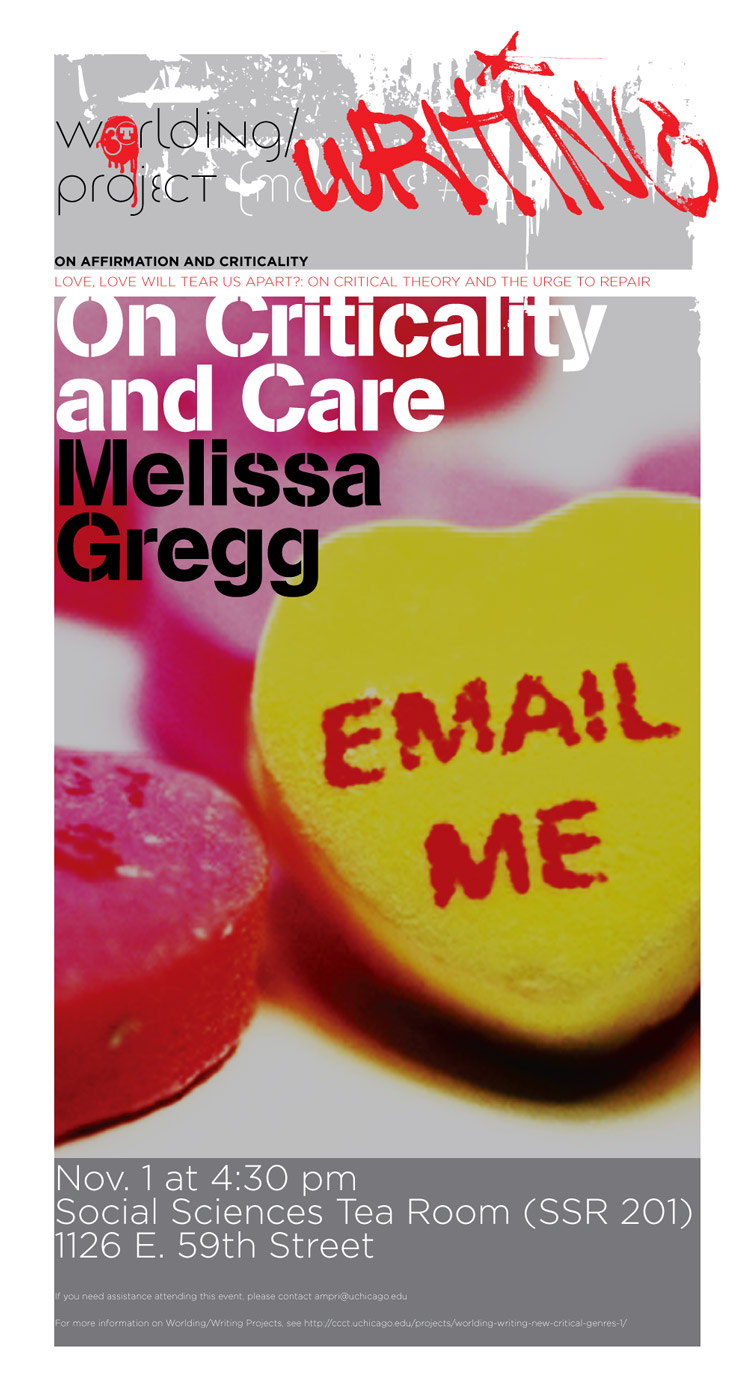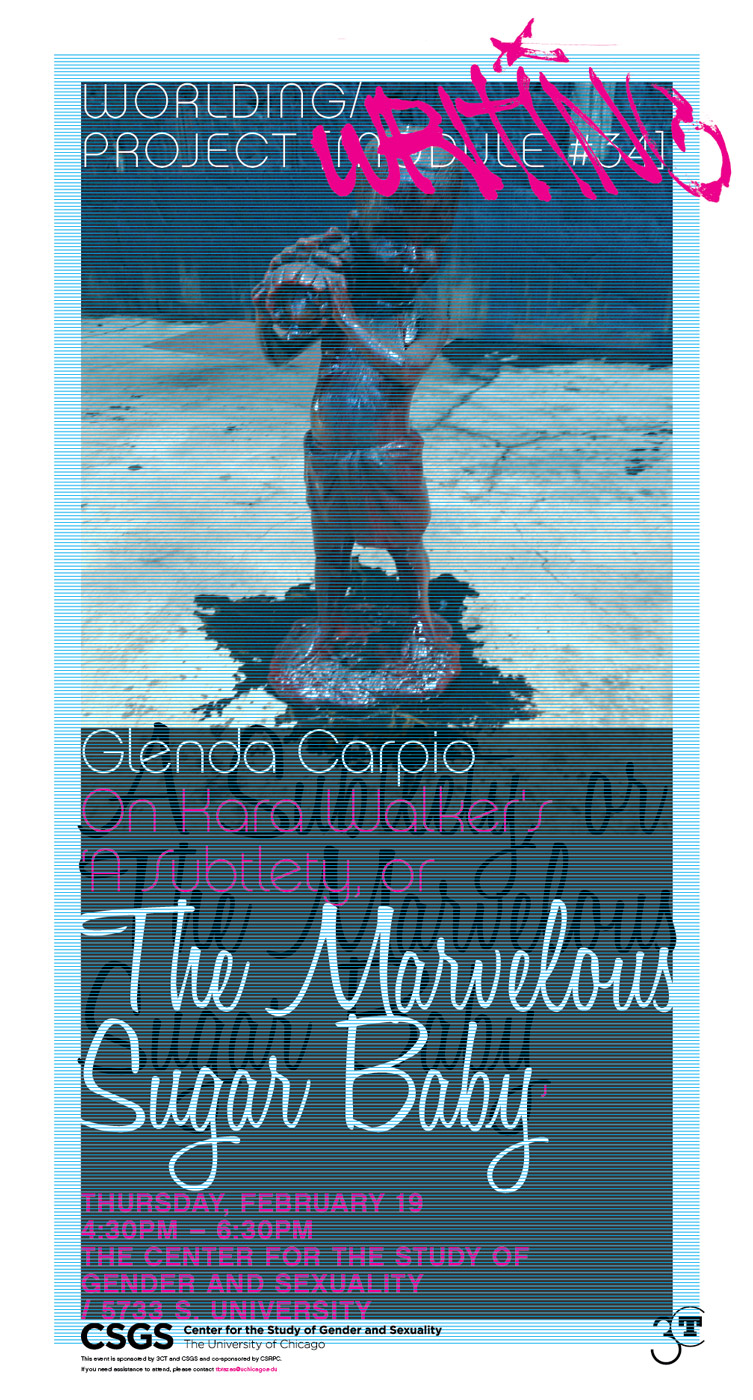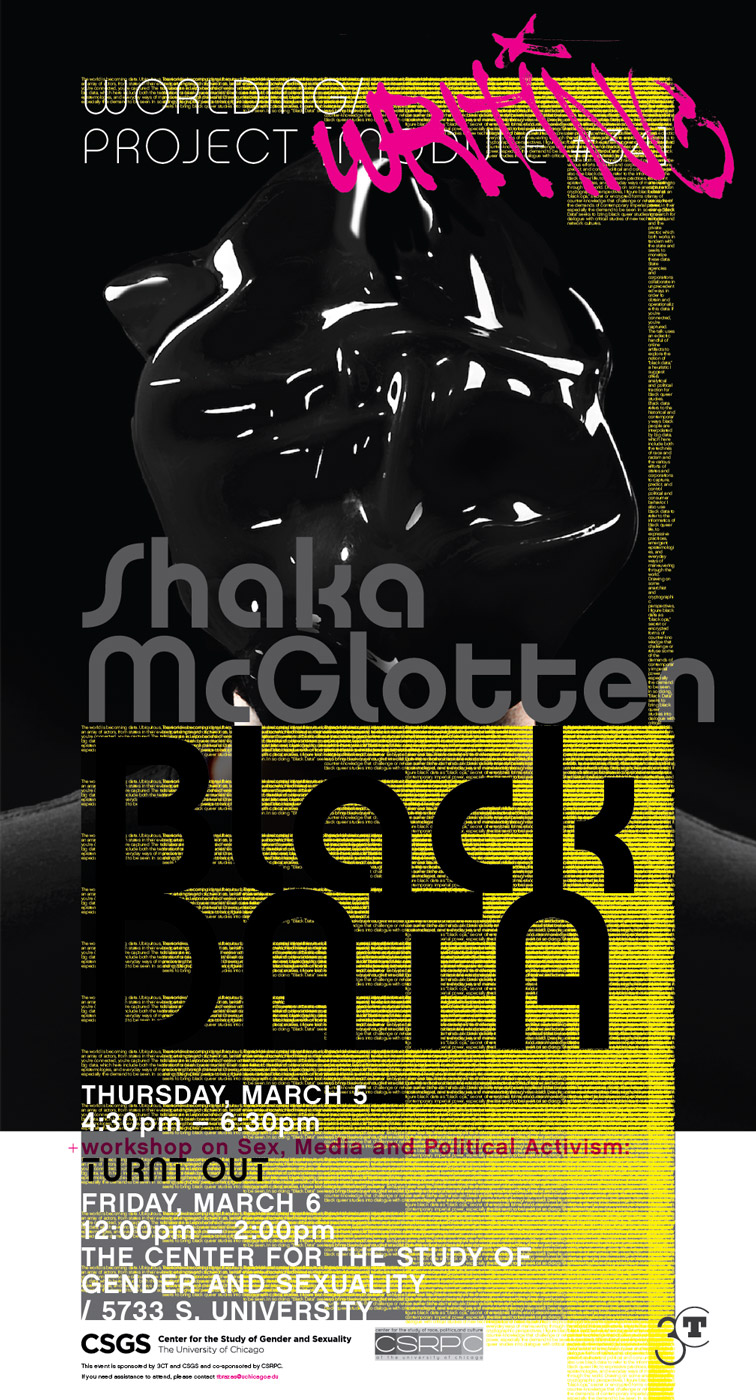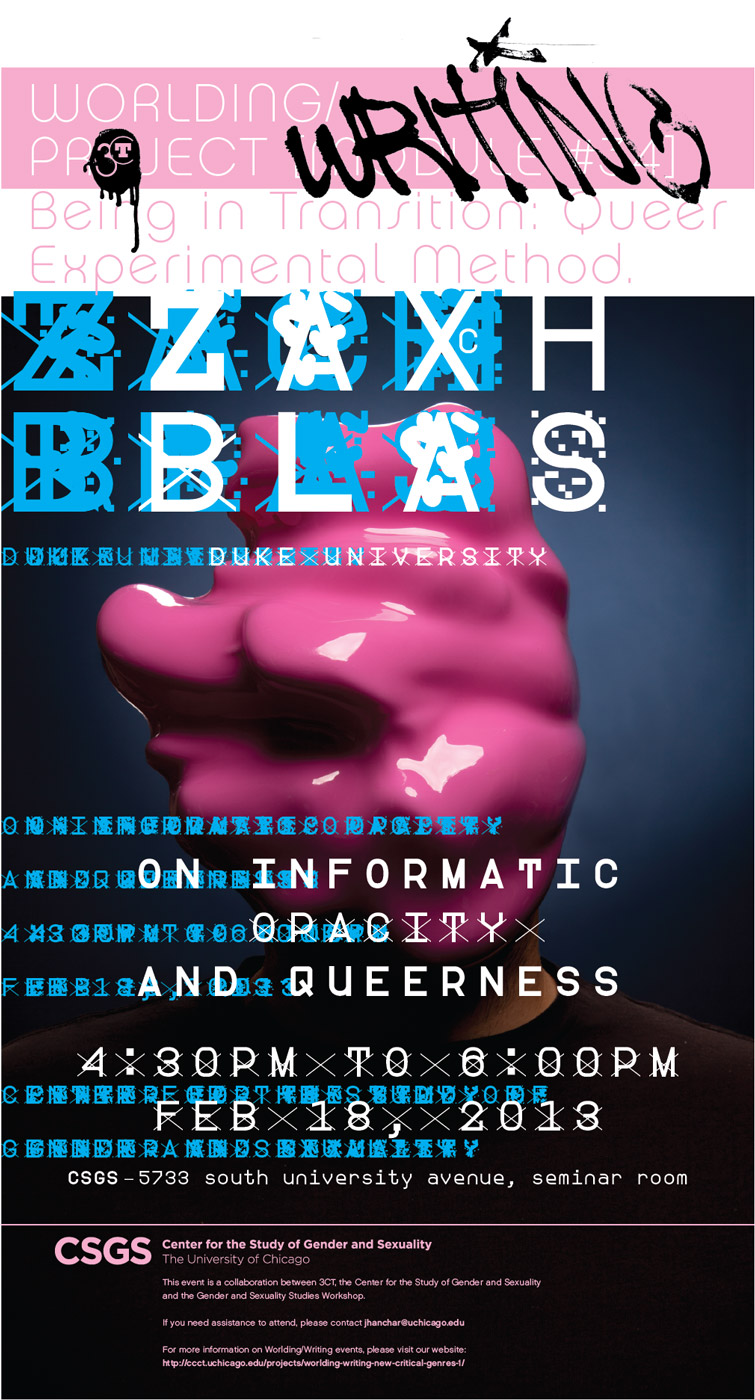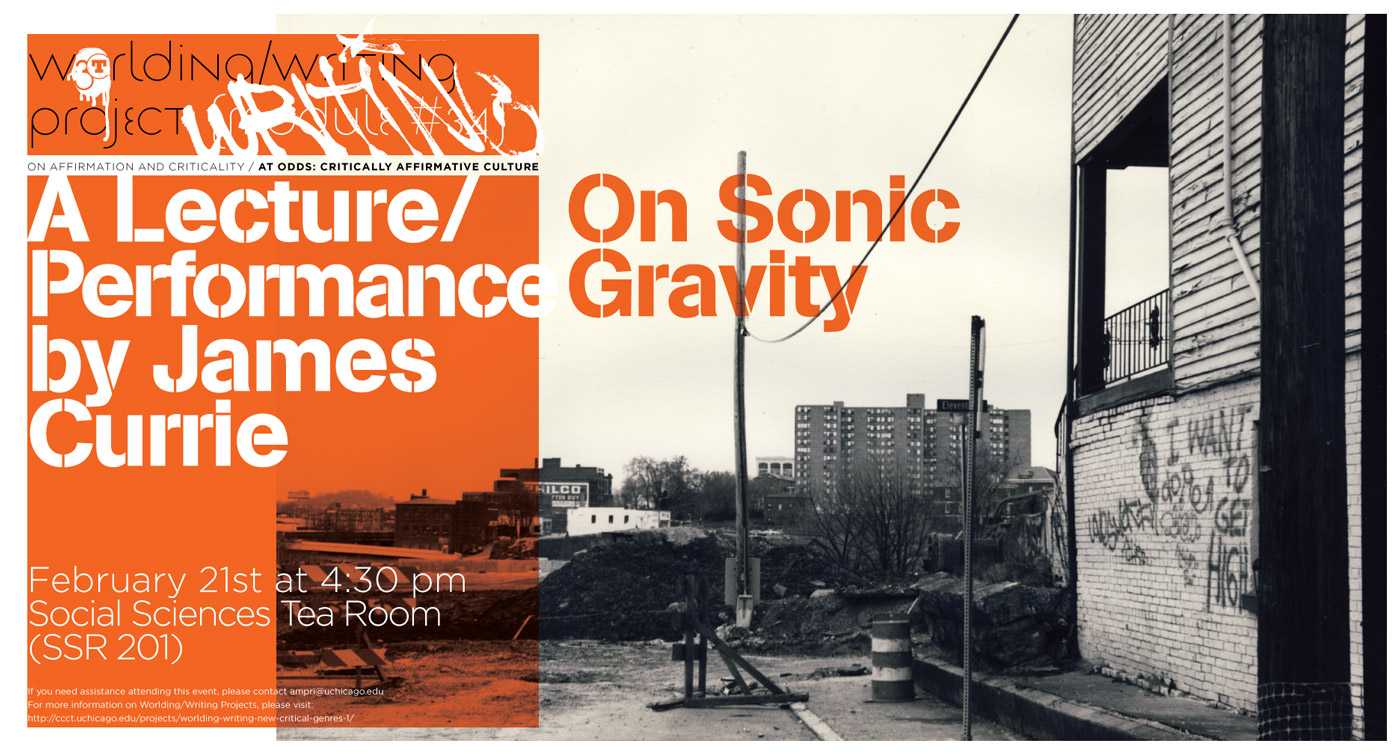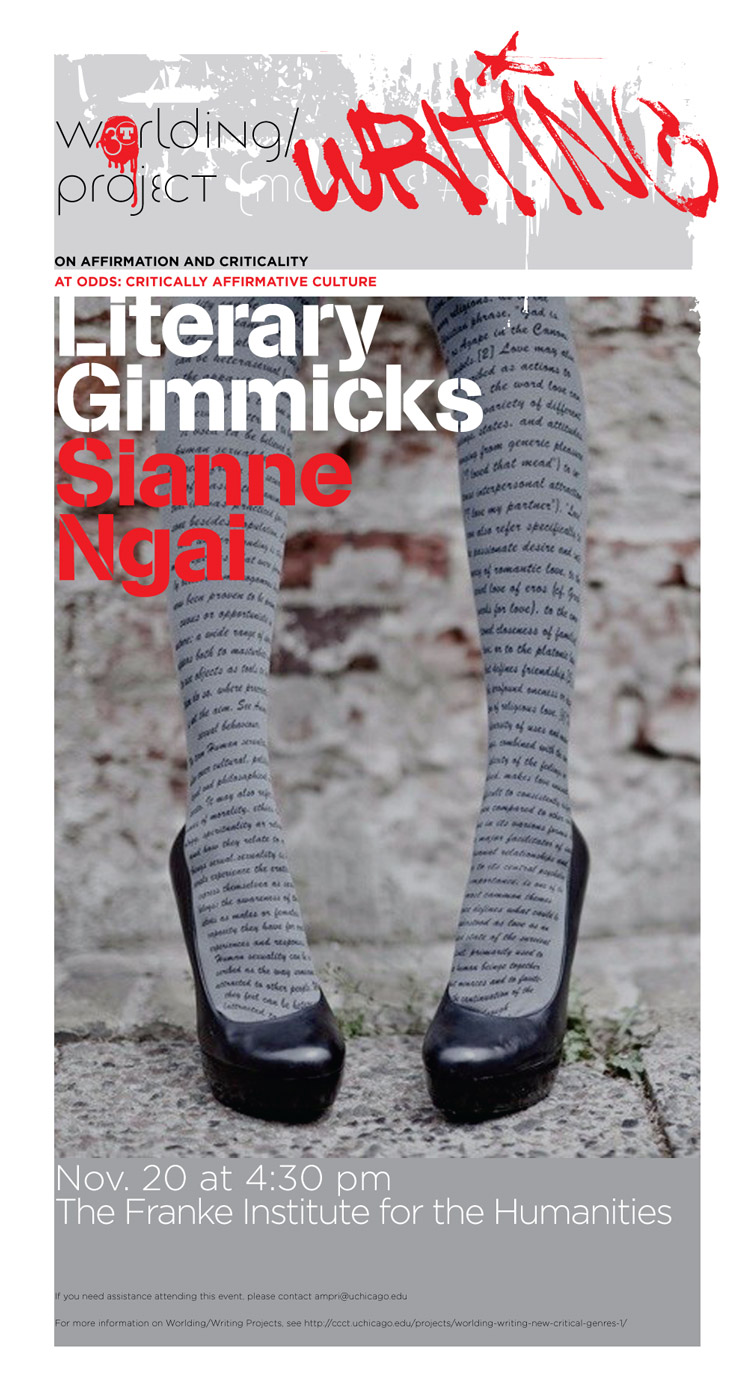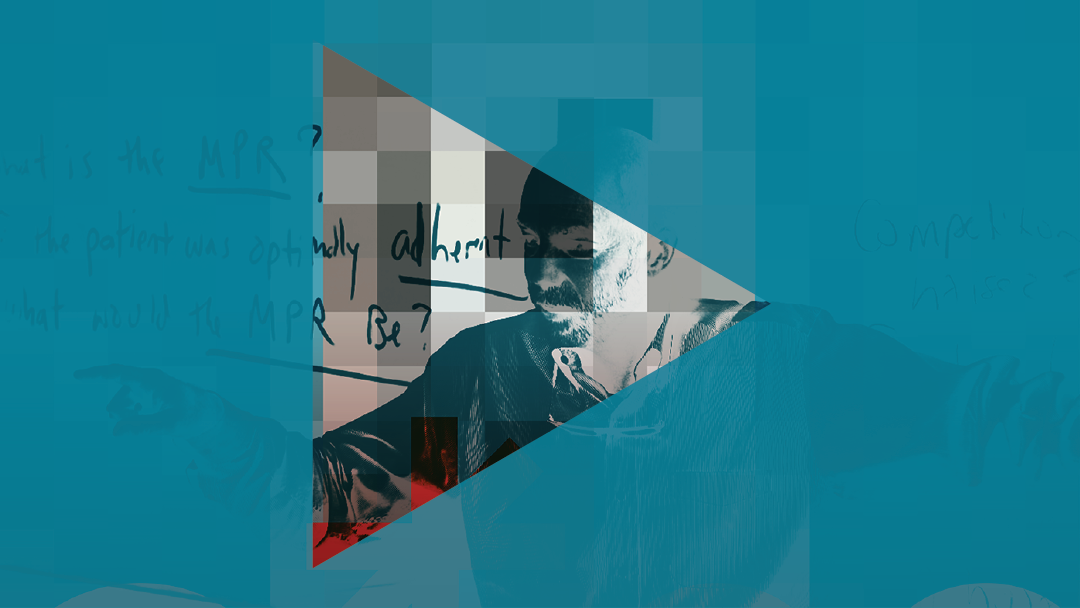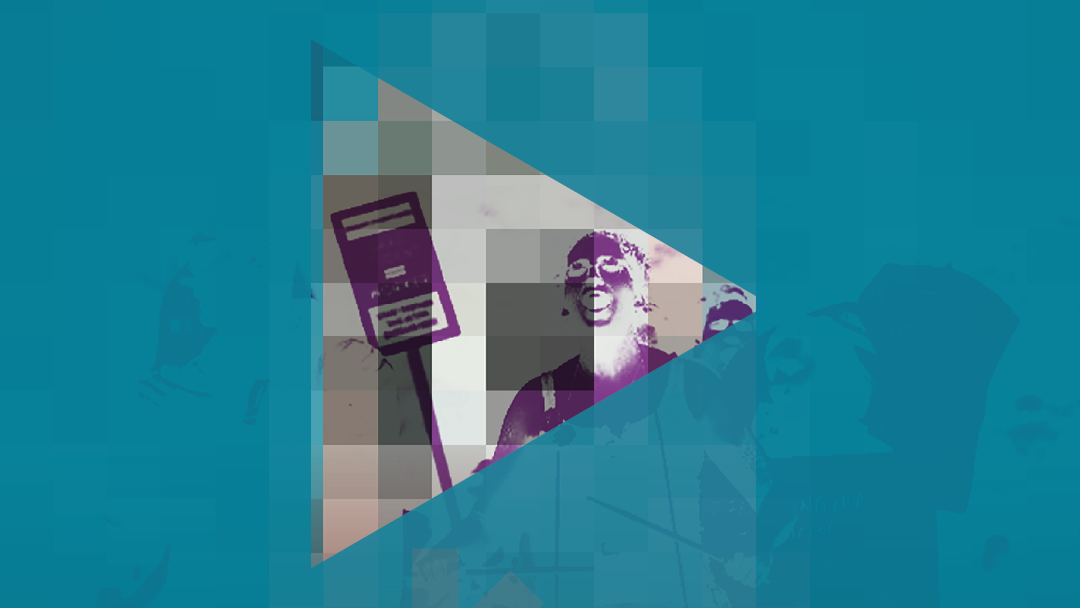This module explores new modes of writing and reading—not in an effort to affirm expertise but to imagine productive idioms for critical engagement and assemble novel ways of attending to socio-political phenomena. Through the pursuit of what Bruno Latour calls “interobjectivity” and by encouraging promiscuous disciplinary entanglements, the fundamental purpose here is to generate fresh genres of writing and ways of reading that transgress discipline-bound conventions and induce frame-shifting environments. We ask: What are the new media conjunctures (such as blogging, tweeting, 24-hour news, and e-movements) for communicating thought, and how and when do these operate to cultivate political action (if they do)? How should we imagine the relations between reading rigorously and reading openly? What does it take to construct a knowledge environment in which it matters how people know about their worlds because these worlds demand curiosity and generate new questions?
It is also worth asking what these clustered questions might have to do with the many public, economic, and institutional crises concerning the university’s function that are emerging locally and globally right now. These pose questions as to which kinds of experimental knowledge are supported and which seen as trivial, immaterial, or destructive; how vocational versus intellectual training is valued and for whom; whether and when arguments about education as a public good will include anti-normative knowledge; how research as a vocation should be supported in relation to teaching; who ought to be “served” by education—a consuming public, a general public, other researchers, etc. Each of these quandaries transforms what kinds of register and medium academic work would employ: all of them assume that knowledge production maintains, sustains, and engenders worlds. A project of writing differently inevitably raises the question of reconceiving the historical present. World-making happens amidst the urgencies that mark the present as a space in transition. Producing knowledge amidst transition requires a vigorous experimentality that attends to what is unfolding, what seems discontinuous, and what remains suspended in the poetics of mediation itself.
